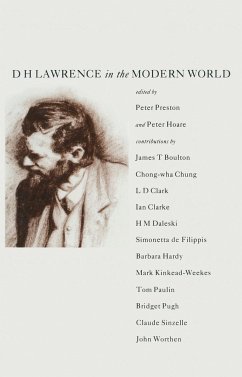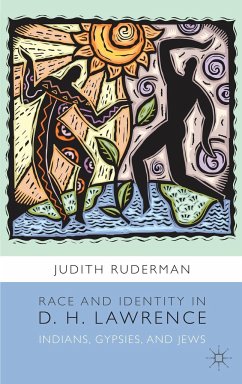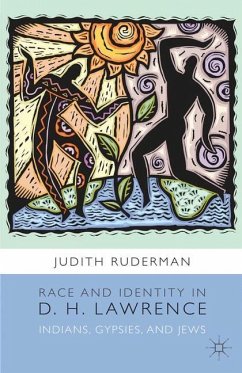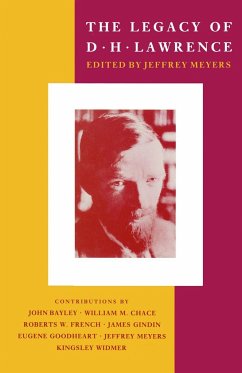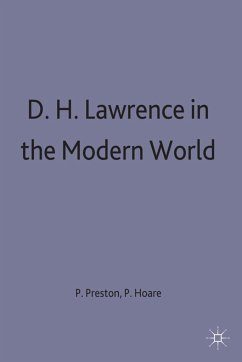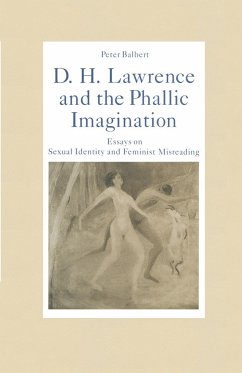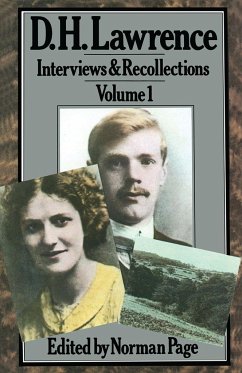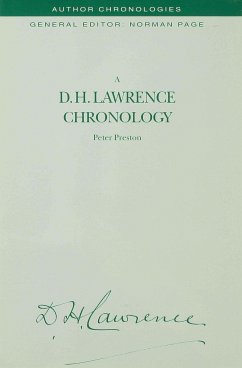
D. H. Lawrence and the Art of Translation
Versandkostenfrei!
Versandfertig in 6-10 Tagen
38,99 €
inkl. MwSt.

PAYBACK Punkte
19 °P sammeln!
This study of D.H.Lawrence as a translator is concerned particularly with the European Lawrence; a writer in touch with and responding vividly to works of European literature which struck a chord in his own creative sensibility. German, French, Spanish and above all Italian he knew well; Russian he failed to learn, despite more than one attempt and in his translations from Russian he always collaborated with S.S. Koteliansky, the Russian émigré. The author is not concerned with the theory of translation as such, but shows how an engagement with the style and sensibility of European authors i...
This study of D.H.Lawrence as a translator is concerned particularly with the European Lawrence; a writer in touch with and responding vividly to works of European literature which struck a chord in his own creative sensibility. German, French, Spanish and above all Italian he knew well; Russian he failed to learn, despite more than one attempt and in his translations from Russian he always collaborated with S.S. Koteliansky, the Russian émigré. The author is not concerned with the theory of translation as such, but shows how an engagement with the style and sensibility of European authors in the translation process set up a kind of dialectic with far-reaching implications, so that translation came to mean for Lawrence a process of interpretation and evaluation in which his own fiction played an active part. The act of translation not only stimulated Lawrence to define his position in relation to other European cultures, especially the Italian and the Russian, it also served as an important focus of the philosophy of Love and Law set out in his Study of Thomas Hardy. In addition, a consideration of Lawrence's translations of Verga throws new light on the function of dialect in Lawrence's own work. Very little has been written on Lawrence's work as a translator, partly, no doubt, because he was himself anxious that his translating activities should not attract too much attention. It is clear from his own comments, however, that when he undertook a translation he was responding to a specific cultural or linguistic challenge and saw the translated text as meeting some spiritual need not only in terms of his own creative work, but also in terms of the imaginative life of his civilisation.





